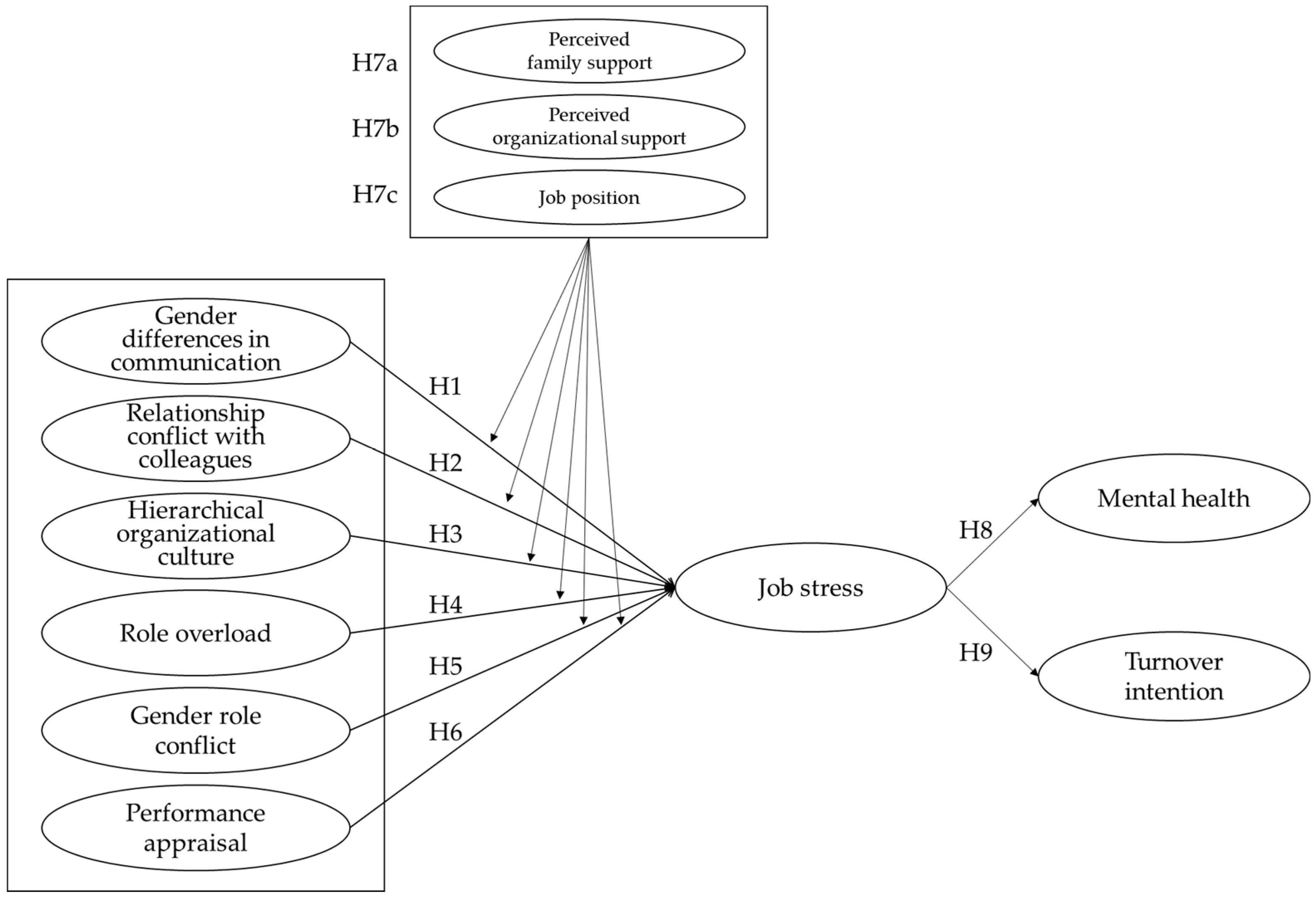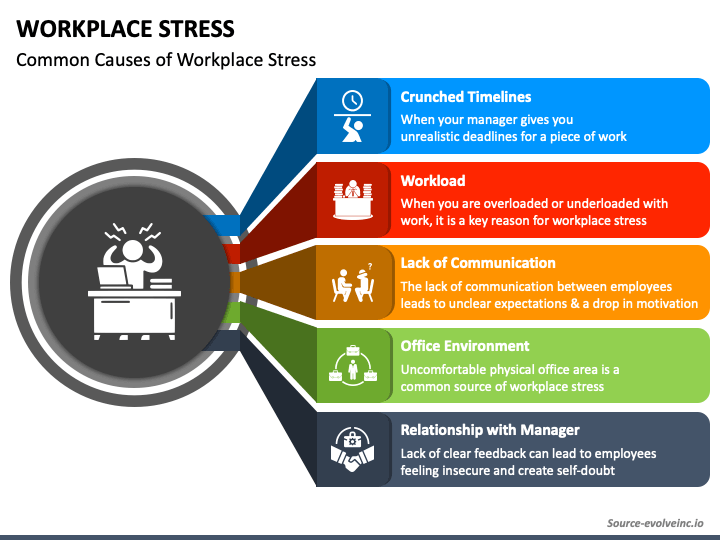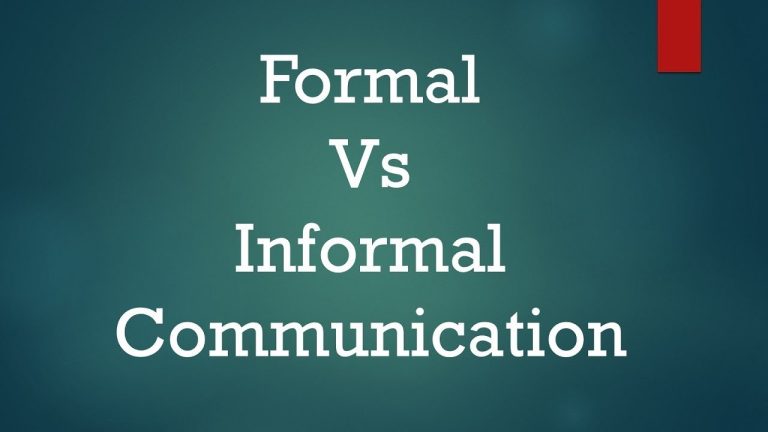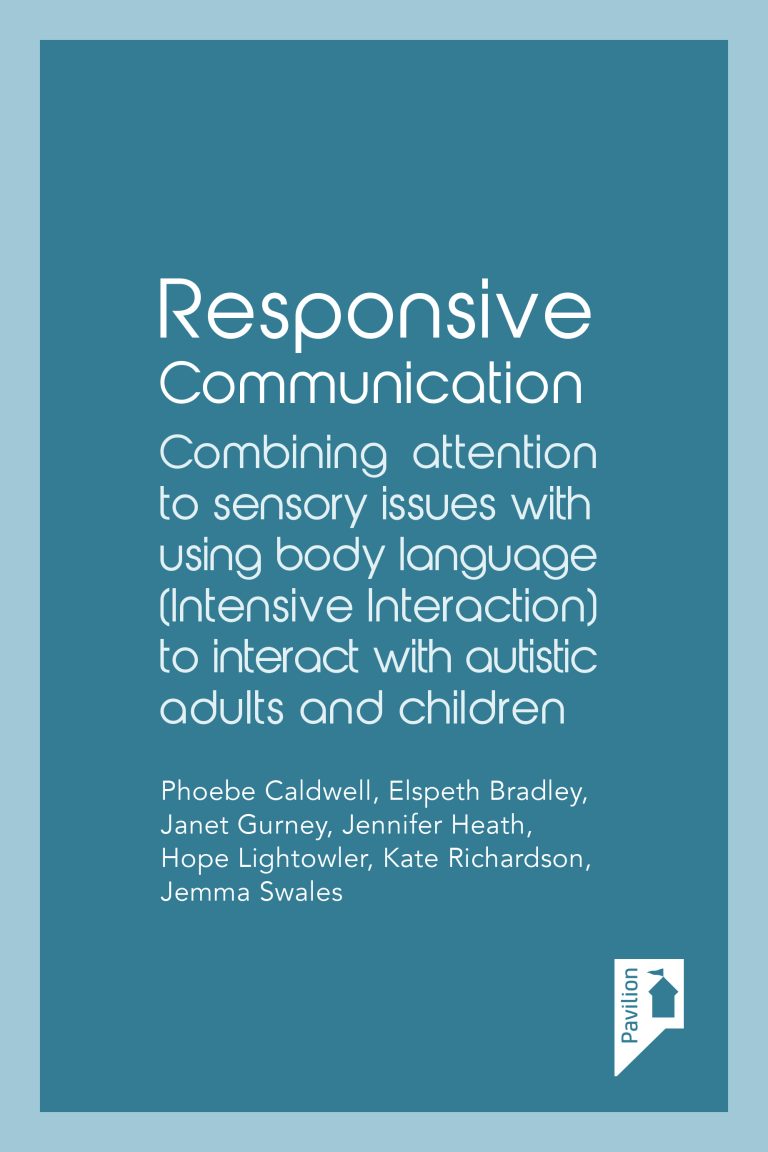Is Communication a Stressful Job?
Yes, communication can be a stressful job due to the pressure to convey messages accurately and effectively in a variety of situations and with different individuals or groups. Effective communication requires careful listening, understanding, and responding promptly, which can add to the stress of the job.
In today’s fast-paced and interconnected world, effective communication plays a vital role in various aspects of life, including personal relationships, professional settings, and even in everyday interactions. However, the process of communication is not always smooth sailing, and often, it comes with its fair share of challenges and stress.
Communication professionals face the demanding task of conveying messages accurately and effectively to different audiences. Whether they are writing emails, giving presentations, or engaging in face-to-face discussions, they constantly feel the pressure to ensure their messages are understood and received in the intended way. Moreover, miscommunication can lead to misunderstandings, conflicts, and even loss of business opportunities in the professional realm. The importance of effective communication and the potential consequences of inadequate communication contribute to the inherent stress of the job. Additionally, communication professionals often deal with sensitive and complex topics, requiring them to navigate through delicate situations with diplomacy and tact. This can create additional pressure as they strive to maintain a positive image for individuals or organizations they represent. Furthermore, communication professionals have to stay updated with the latest trends and technologies to adapt to changing communication channels. The need to stay ahead in this rapidly evolving landscape adds another layer of stress to the job. While communication is an essential skill, it can also be a stressful job due to the pressure to convey messages accurately and effectively in various situations. The demanding nature of the job, coupled with the potential repercussions of miscommunication, creates a unique set of challenges for communication professionals.

Credit: www.researchgate.net
Impact Of Stress On Communication Professionals
Communication professionals face significant stress in their job, impacting their work and mental well-being. Juggling deadlines, managing multiple tasks, and navigating complex relationships can lead to burnout and decreased productivity. It is crucial for employers to prioritize the well-being of communication professionals and provide support to ensure effective communication in the workplace.
Communication professionals play a crucial role in organizations. They handle internal and external communication, ensuring that information flows smoothly. However, their job is not without its challenges. One significant challenge that communication professionals face is stress. The nature of their work, which involves constant deadlines, high-pressure situations, and the need for excellent interpersonal skills, can take a toll on their physical and emotional well-being.
Physical Health Effects
The high-stress levels experienced by communication professionals can have detrimental effects on their physical health. These effects can manifest in various ways:
- Increased risk of cardiovascular disease due to prolonged periods of stress which elevates blood pressure and affects heart health.
- Physical symptoms like headaches, muscle tension, and fatigue, which are often associated with high-stress levels.
- Compromised immune system, making them more vulnerable to illnesses and infections.
It is imperative for communication professionals to prioritize their physical health and engage in activities that promote relaxation and well-being.
Emotional Health Effects
The impact of stress on communication professionals extends beyond their physical well-being, affecting their emotional health as well. Here are some emotional health effects commonly observed in this profession:
- Increased levels of anxiety and irritability, which can hinder their ability to effectively communicate with colleagues, clients, and stakeholders.
- Feelings of being overwhelmed and burnout, caused by the constant pressure to meet deadlines and maintain a high standard of communication.
- Difficulty managing emotions and maintaining a positive mindset, leading to a decline in job satisfaction and overall happiness.
Recognizing the impact of stress on their emotional well-being is crucial for communication professionals to maintain a healthy work-life balance and seek support when needed.

Credit: www.mdpi.com
Causes Of Stress In Communication Jobs
Working in the field of communication can be immensely rewarding, but it is not without its challenges. Communication jobs often require professionals to navigate a fast-paced environment, tight deadlines, and manage multiple projects simultaneously, all while dealing with demanding clients. These factors can contribute to a high level of stress. In this article, we will explore some of the common causes of stress in communication jobs and how they can impact professionals in this field.
High Workload
The first major cause of stress in communication jobs is a high workload. Communication professionals are expected to handle various tasks, including writing, editing, content creation, and public relations. They are also responsible for staying up-to-date with industry trends and adapting their strategies accordingly. This heavy workload can easily become overwhelming, causing stress levels to skyrocket.
Tight Deadlines
Another significant source of stress for communication professionals is tight deadlines. Many communication projects have strict timelines, such as launching a marketing campaign or creating compelling content for a product release. With limited time to meet these deadlines, professionals may experience pressure to perform, which can lead to stress and anxiety.
Managing Multiple Projects
Communication professionals often find themselves juggling multiple projects simultaneously. From managing social media accounts to developing email marketing campaigns, each project requires attention and expertise. Balancing the demands of each project can be challenging, causing stress as professionals strive to meet client expectations and deliver high-quality work on time.
Dealing With Difficult Clients
In the field of communication, professionals frequently interact with clients. While most clients are cooperative and understanding, there are instances where communication professionals have to deal with difficult clients. These clients may have unrealistic expectations, demand constant updates, or provide vague instructions. Handling difficult clients can be extremely stressful, as professionals strive to maintain customer satisfaction while managing their own stress levels.
Strategies To Reduce Stress In Communication Jobs
Working in the field of communication can be both exhilarating and demanding. Whether you are a PR professional, a journalist, or a customer service representative, the fast-paced nature of these roles can sometimes lead to stress and burnout. However, there are several strategies you can implement to effectively manage stress and maintain a healthy work-life balance.
Effective Time Management
One of the key factors contributing to stress in communication jobs is the constant juggling of tasks and deadlines. Practicing effective time management techniques can help you stay on top of your workload and reduce stress levels.
- Create a schedule: Develop a daily or weekly schedule, prioritizing tasks based on their urgency and importance. This will help you allocate time for each task, ensuring that you can complete them efficiently.
- Break tasks into smaller chunks: Rather than overwhelming yourself with a large project, break it down into smaller, more manageable tasks. This will not only make it easier to tackle but also provide a sense of accomplishment as you complete each segment.
- Utilize productivity tools: Technology can be your ally in managing time effectively. Use project management tools, task organizers, and productivity apps to streamline your workflow and stay organized.
Setting Realistic Expectations
Setting realistic expectations for yourself and others is crucial to reduce stress and prevent burnout in communication jobs. It is essential to acknowledge that you cannot control every aspect of your work environment and focus on what is within your reach.
- Understand your limits: Recognize your capabilities and limitations. Be honest with yourself and others about what you can realistically achieve within a given timeframe.
- Communicate openly: Effective communication is key to managing expectations. Clearly communicate your workload, deadlines, and any potential challenges with your team and superiors. This way, they can understand where you stand and avoid unrealistic demands.
- Avoid overcommitting: It can be tempting to take on more tasks to impress others or prove your worth. However, overcommitting leads to stress and compromises the quality of your work. Learn to say no and prioritize your workload accordingly.
Improving Communication Skills
Enhancing your communication skills can also help reduce stress and improve the quality of your work in communication jobs. Effective and clear communication minimizes misunderstandings, improves collaborative efforts, and fosters a positive work environment.
- Active listening: Practice active listening by fully focusing on what others are saying. This allows for better comprehension and decreases the chances of miscommunication.
- Adaptability: Be flexible in how you communicate with different individuals and adapt your style to suit their preferences. This helps build stronger relationships and promotes effective collaboration.
- Clarity in written communication: When writing emails, reports, or any written communication, ensure your message is clear, concise, and free of ambiguity. This minimizes the risk of misunderstandings and saves time for both you and the recipient.
Seeking Support And Collaboration
In high-stress communication jobs, seeking support and collaboration is crucial for maintaining mental well-being. By reaching out to colleagues, superiors, or external resources, you can share the workload, gather insights, and overcome challenges together.
- Build a support network: Cultivate relationships with colleagues who understand your field and can offer guidance and support. Sharing experiences and venting frustrations with empathetic listeners can help alleviate stress.
- Collaborate effectively: Instead of shouldering the burden alone, collaborate with team members to divide tasks, share responsibilities, and tap into each other’s strengths. This not only reduces stress but also enhances team cohesion and productivity.
- Seek external resources: If necessary, don’t hesitate to seek professional support through training programs, counseling services, or industry communities. These external resources can provide valuable insights, coping mechanisms, and strategies to manage stress.
Importance Of Work-life Balance For Communication Professionals
Maintaining a healthy work-life balance is crucial for communication professionals, as the job can be quite stressful. By prioritizing self-care and setting boundaries, they can reduce stress and improve their overall well-being.
Maintaining Healthy Boundaries
Finding a balance between work and personal life is crucial for communication professionals. Maintaining healthy boundaries allows for a greater sense of well-being and reduces stress levels. By clearly delineating when work starts and ends, communication professionals can avoid the trap of being constantly available, which can lead to burnout. Setting boundaries for communication channels, such as email and phone calls, helps in creating a clear separation between work and personal life. It is important to communicate these boundaries with colleagues and clients to ensure they understand and respect them.Self-care Practices
In the fast-paced and demanding field of communication, self-care practices are essential to prevent stress and maintain optimum performance. Communication professionals should prioritize their physical and mental well-being by engaging in regular exercise, getting enough sleep, and eating a balanced diet. Taking short breaks throughout the day can also be beneficial in reducing stress levels and improving productivity. Furthermore, practicing relaxation techniques such as deep breathing or meditation can help communication professionals manage stress and stay focused. By prioritizing self-care, communication professionals can better navigate the challenges of their job.Finding Hobbies And Recreation
Dedicating time to hobbies and recreational activities is another important aspect of achieving work-life balance for communication professionals. Engaging in activities outside of work helps to recharge the mind and provide a much-needed break from job-related pressures. Whether it’s painting, playing a musical instrument, or participating in a sports activity, finding a hobby that brings joy and relaxation is key. It allows communication professionals to disconnect from work and focus on their personal interests, contributing to overall happiness and well-being. By intentionally setting aside time for hobbies and recreation, professionals can alleviate stress and maintain a healthier work-life balance. In conclusion, work-life balance plays a significant role in the lives of communication professionals. By maintaining healthy boundaries, practicing self-care, and engaging in hobbies and recreational activities, they can reduce stress levels and enhance overall well-being. Finding the right balance between work and personal life is not just important for the individuals themselves, but also for their ability to perform well in their job. It allows them to bring their best selves to their work while also enjoying a fulfilling personal life. Achieving work-life balance is an ongoing journey, but one that is well worth the effort for communication professionals.
Credit: www.sketchbubble.com
Frequently Asked Questions On Is Communication A Stressful Job?
Which Job Is Most Stressful?
The most stressful job varies for each person, but professions like emergency responders, doctors, and air traffic controllers tend to rank high on the stress scale.
Is Corporate Communication Stressful?
Yes, corporate communication can be stressful due to its fast-paced nature and high-pressure situations.
Is A Public Relations Job Stressful?
Yes, public relations jobs can be stressful due to managing communication, handling crises, and meeting deadlines. It involves maintaining a positive brand image and managing relationships with clients, stakeholders, and the media. Public relations professionals often work under pressure but also find satisfaction in building successful campaigns and managing reputations.
What Is Stress In Communication?
Stress in communication refers to the pressure or tension experienced during the exchange of information. It can arise from various factors such as misunderstandings, conflicting opinions, or time constraints. Stress affects the effectiveness and clarity of communication, making it important to manage and resolve any sources of stress.
Faq 1: Is Communication A Stressful Profession?
Communications is not inherently stressful, but high-pressure situations can arise, requiring strong communication skills and stress management techniques.
Conclusion
Considering the demanding nature of the communication industry, it’s no surprise that the job can be stressful at times. However, effective communication skills are essential in almost every aspect of life, making it a career worth pursuing. By developing strategies to manage stress and maintaining a healthy work-life balance, professionals in this field can thrive and succeed.
Embracing self-care and seeking support when needed can help alleviate the pressures commonly associated with communication roles. Ultimately, with proper mindset and skills, communication can be a fulfilling and rewarding job.





